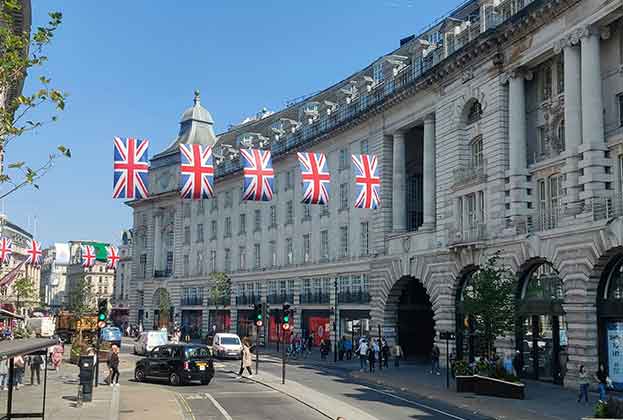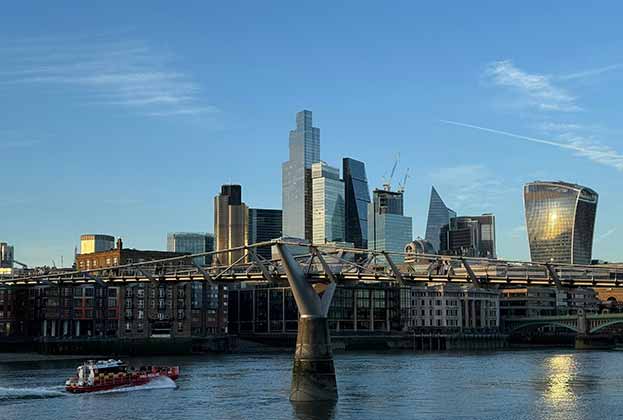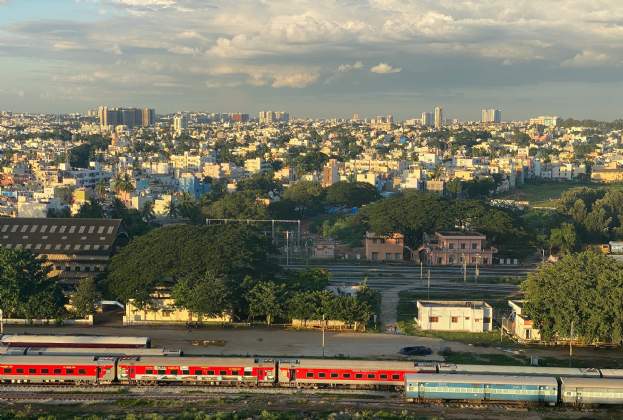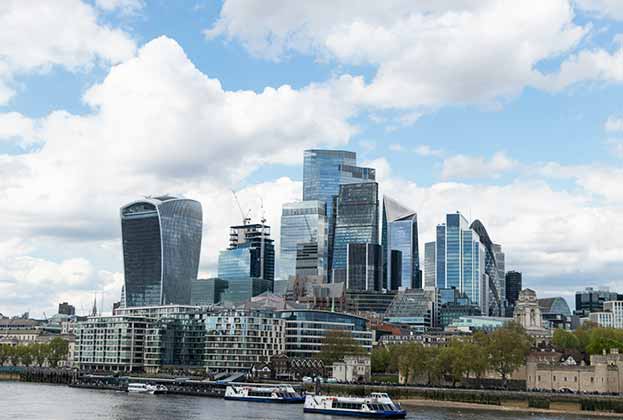According to Real Capital Analytics, in 2016 Middle Eastern investors deployed US$9.6 billion into US real estate, attracted by the breadth and depth of the US markets. Further still, with the majority of GCC (Gulf Cooperation Council) countries’ currencies pegged against the US dollar, the perception is that financial risk of investment into the US for Middle Eastern buyers is somewhat reduced.
Key deals included:
- KAMCO Investment Company acquiring General Electric Global Operation Centre, a brand new office development in Cincinnati, for $170 million in October 2016.
- Alduwaliya Hospitality Co Inc purchasing Hilton Homewood Suites Manhattan, a 22-storey, 239-room hotel on West 37th Street, from Rockwood Capital LLC for $167 million.
- Gulf Islamic Investment buying 3501 Corporate Parkway, a 178,330 sq ft (16,567 sq m) commercial building in Pennsylvania for $48 million.
- Sidra Real Estate, Inc acquiring 180 Montgomery, a 303,250 sq ft (28,172 sq m) commercial building in San Francisco for $185 million from CBRE Investors.
Following the unprecedented changes to the geopolitical landscape in 2016, the flow of capital into global real estate has become a case of comparative risk. The extent of protectionism instituted by Donald Trump during his US presidency could determine which direction global capital flows, and some argue this could be particularly pertinent for Middle Eastern investors.
Across the Atlantic, future relationships between the UK and EU could be indicative of how the investment market of the former fairs. The unprecedented levels of overseas investment into the UK, and particularly into London, since the UK’s vote to leave the EU, however, suggest the capital will remain a major global investment market and the UK a relative safe haven.
With the dawn of any type of uncertainty, there is always a notable swing towards secure income and core assets. For now, long-income offices in secondary US cities such as Philadelphia, Charlotte and Austin remain attractive along with logistics and multi-family assets.
We expect Middle Eastern investors who are already familiar with the global real estate market to continue to invest overseas, including in the US. But for those investors looking to buy outside the GCC for the first time, the jury is out on whether they will prioritise North America. Instead the UK could be the target for the first overseas acquisition not only due to the attractive dollar/pound exchange rate but also for factors such as the legal system, landlord friendly regulations, a standardised market, a time zone that differs from that of the Middle East by a maximum of four hours and cultural attractions.
Further information
Read more: City Investment Watch
.jpg)




.jpg)

.jpg)


